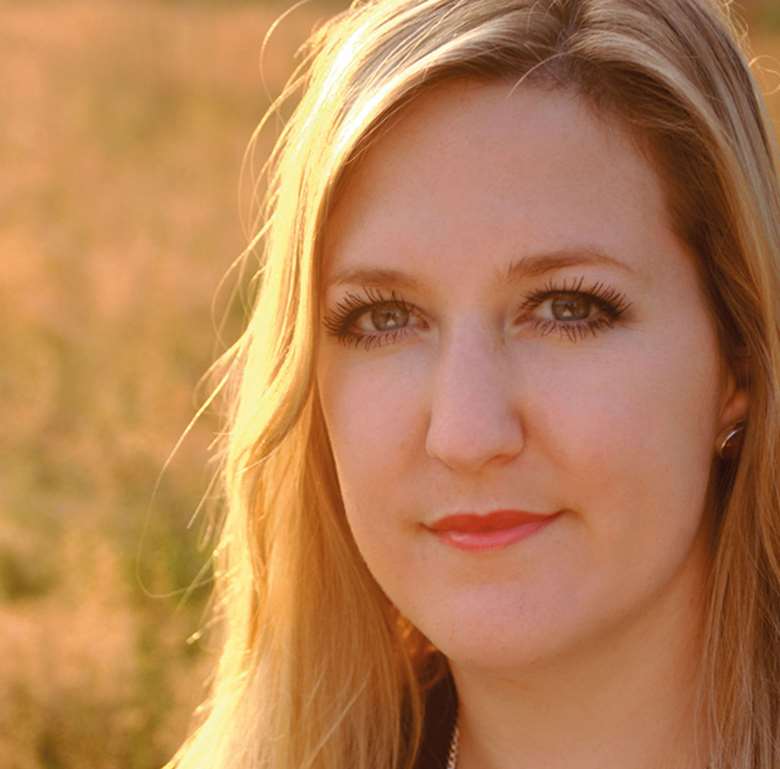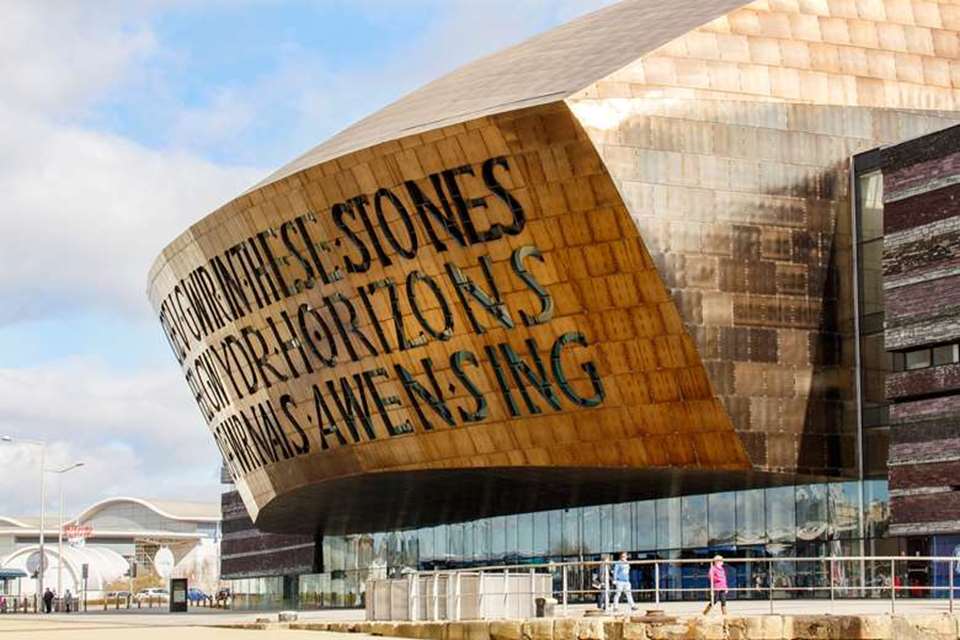Where is contemporary opera? | Claire Jackson
Claire Jackson
Monday, June 26, 2023
‘It’s perplexing to see that the Royal Opera House's 2023-24 season doesn’t feature a single contemporary work on the main stage’

Register now to continue reading
This article is from Opera Now. Register today to enjoy our dedicated coverage of the world of opera, including:
- Free access to 3 subscriber-only articles per month
- Unlimited access to Opera Now's news pages
- Monthly newsletter









